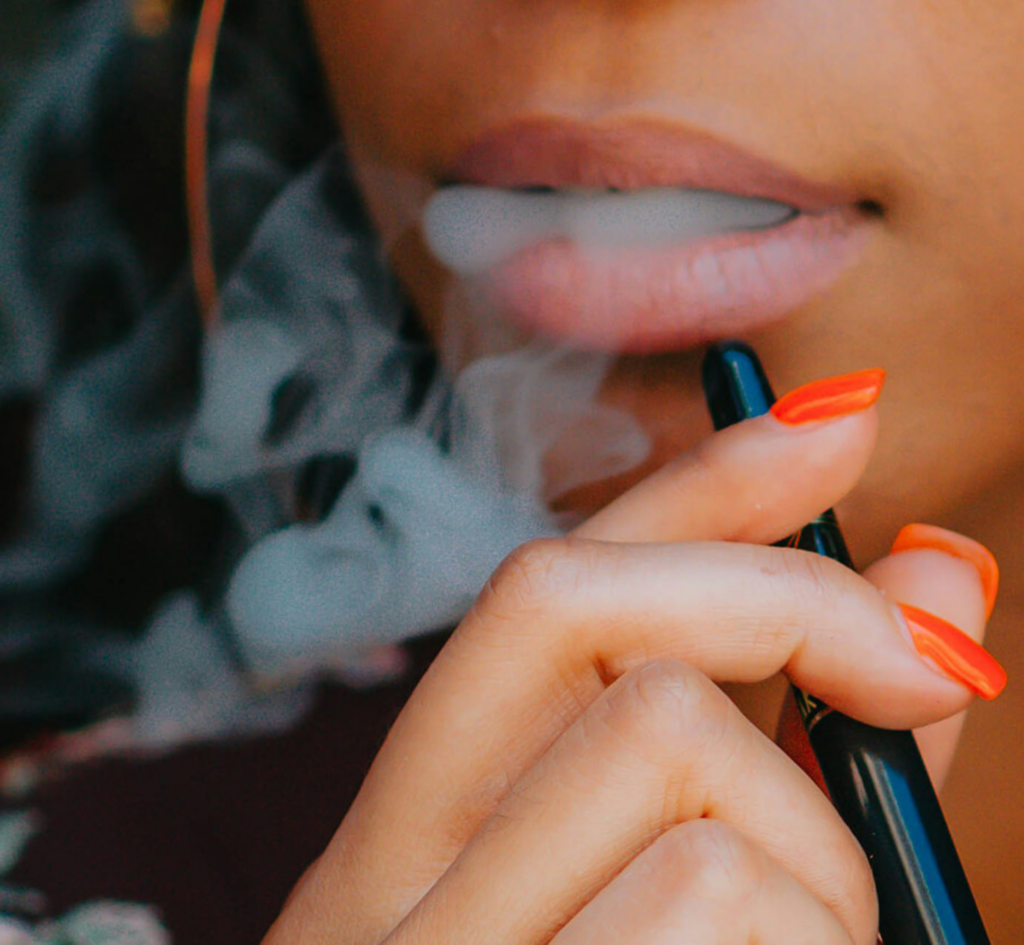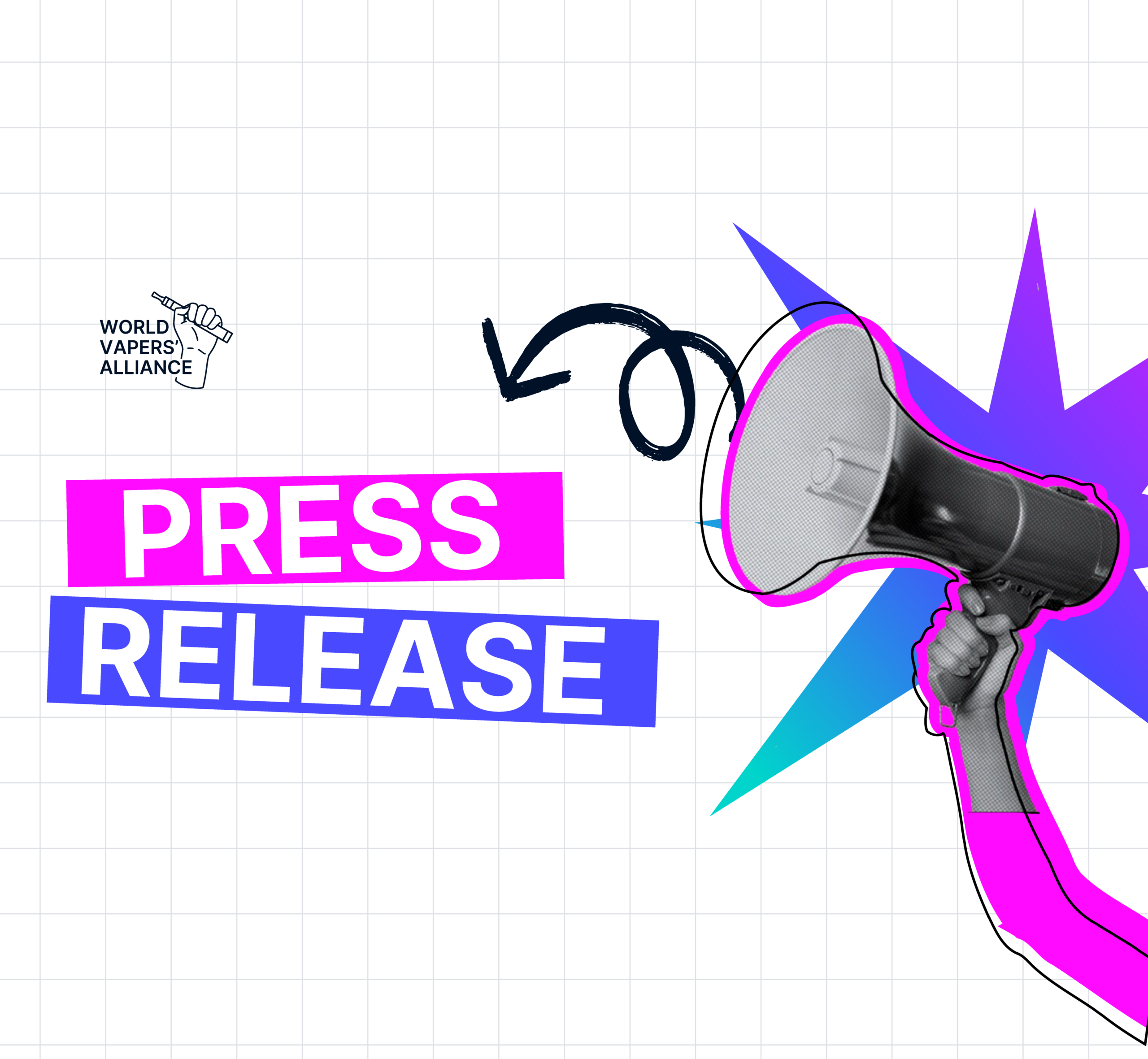L-Afrika qed tiffaċċja mument kritiku fil-ġlieda tagħha kontra t-tipjip tat-tabakk hekk kif toqrob il-mira globali tal-2025 ta’ tnaqqis relattiv fl-użu tat-tabakk. Filwaqt li l-kontinent għamel passi 'l quddiem fl-implimentazzjoni ta’ miżuri ta’ kontroll tat-tabakk, il-popolarità dejjem tikber ta’ prodotti alternattivi tan-nikotina qanqlet dibattiti dwar il-projbizzjoni kontra r-regolamentazzjoni.
Il-boroż tan-nikotina u s-sigaretti elettroniċi kienu fiċ-ċentru ta’ dibattitu jaħraq fost dawk li jfasslu l-politika, il-ġenituri, u l-komunità tas-saħħa pubblika. Minn naħa waħda, ir-riċerka turi li l-boroż tan-nikotina u s-sigaretti elettroniċi huma sostanzjalment aktar sikuri mis-sigaretti, billi jwasslu n-nikotina mingħajr ma jaħarqu t-tabakk—li joħloq tossini li jikkawżaw il-kanċer. Min-naħa l-oħra, żieda fl-użu tan-nikotina fost iż-żgħażagħ f’dawn l-aħħar snin qajmet mistoqsijiet dwar jekk l-adulti żgħażagħ humiex dipendenti fuq in-nikotina.
Jistgħu l-politiki restrittivi jħeġġu l-kummerċ illeċitu ta' prodotti tan-nikotina?
Iż-żieda fil-prodotti illeċiti tat-tabakk u tan-nikotina tenfasizza l-falliment tal-istrateġiji projbizzjonisti. Bit-taxxi fost l-ogħla globalment, il-prodotti leġittimi saru ma jistgħux jaffordjawhom ħafna fl-Afrika. Billi ma jistgħux jaċċessaw għażliet regolati, legali u aktar sikuri, in-nies li jpejpu qed iduru lejn prodotti illeċiti.
Sospensjoni temporanja fuq il-boroż tan-nikotina fil-Kenja pereżempju, prodott li huwa aċċettat minn dawk li jsostnu t-tnaqqis tal-ħsara globalment bħala alternattiva inqas ta’ ħsara għat-tipjip, ma naqqsitx id-domanda. Minflok, ħolqot suq iswed li qed jirnexxi fejn il-kontroll tal-kwalità huwa ineżistenti, u l-konsumaturi jitħallew vulnerabbli għal prodotti mhux regolati u potenzjalment ta’ ħsara.
Swieq suwed għall-boroż tan-nikotina u s-sigaretti elettroniċi ħarġu l-aktar minħabba ambjenti regolatorji stretti u disponibbiltà legali limitata f'ħafna pajjiżi Afrikani. Taxxi tas-sisa għoljin, projbizzjonijiet diretti, u edukazzjoni inadegwata tal-konsumatur spiss iwasslu lill-konsumaturi lejn sorsi mhux regolati. In-netwerks tal-kuntrabandu jisfruttaw dawn il-lakuni regolatorji biex ifornu prodotti mhux liċenzjati, li spiss ikunu orħos iżda ta' kwalità u sikurezza dubjużi li ħafna drabi jirriżultaw f'żieda fir-rati tat-tipjip u l-kriminalità.
Id-domanda għal prodotti li jnaqqsu l-ħsara ġejja minn għarfien dejjem akbar dwar ir-riskji għas-saħħa assoċjati mat-tipjip tradizzjonali u l-aċċettazzjoni dejjem tikber ta’ sistemi alternattivi ta’ kunsinna tan-nikotina. Madankollu, politiki restrittivi—bħal projbizzjonijiet totali f’pajjiżi bħall-Uganda u restrizzjonijiet ħarxa fuq l-importazzjoni f’oħrajn—llimitaw l-aċċess għal għażliet aktar sikuri u regolati. Konsegwentement, il-konsumaturi jduru lejn swieq suwed biex jissodisfaw il-bżonnijiet tagħhom, u jesponu ruħhom għal prodotti mhux regolati u potenzjalment perikolużi.
Ir-regolamentazzjoni bbażata fuq l-evidenza għandha riżultati aħjar mill-projbizzjoni?
Ir-regolamentazzjoni tal-konsum tan-nikotina għandha tibbilanċja t-tnaqqis tal-ħsara, il-protezzjoni tal-konsumatur, u l-aspettattivi realistiċi dwar l-imġieba tal-bniedem filwaqt li tiffaċilita l-għażla infurmata tal-konsumatur. Ir-regolamentazzjoni għandha tipprovdi lill-konsumaturi b'informazzjoni preċiża u tiżgura manifattura u kummerċjalizzazzjoni trasparenti u affidabbli mingħajr ma tfixkel l-innovazzjoni.
Tentattivi biex jitnaqqas l-użu tan-nikotina permezz ta’ projbizzjoni jew regolamentazzjoni aggressiva mhux biss fallew iżda spiss aggravaw il-problema. Pereżempju, l-Afrika t’Isfel projbizzjoni fuq il-bejgħ ta’ prodotti tat-tabakk biex tittaffa t-tixrid tal-COVID-19; qabel ma ġiet implimentata l-projbizzjoni, sa 35 fil-mija tas-suq totali tas-sigaretti fil-pajjiż kien illeċitu. Wara li ġiet implimentata, 100 fil-mija tas-suq sar illeċitu. L-operaturi kriminali issa huma inkorporati fil-katina tal-provvista u se jieħu snin biex dan ireġġa’ lura.
Lil hinn mill-binarju ta' projbizzjoni kontra swieq mhux regolati, regolamentazzjoni maħsuba u bbażata fuq l-evidenza tista' tipproteġi s-saħħa pubblika, tagħti s-setgħa lill-konsumaturi fl-Afrika, u takkomoda l-imġiba tal-bniedem. L-adozzjoni ta' qafas regolatorju sfumat fl-2025 se tippermettilna ninnavigaw aħjar il-konsum tan-nikotina u noħolqu komunità aktar b'saħħitha u aktar infurmata.
Ċaħda ta' Responsabbiltà: L-opinjonijiet u l-fehmiet espressi fil-postijiet tal-mistednin ippubblikati fuq il-websajt tal-World Vapers' Alliance huma dawk tal-awturi individwali u mhux neċessarjament jirrappreżentaw il-fehmiet jew il-pożizzjonijiet tal-World Vapers' Alliance jew l-affiljati tagħha. Il-pubblikazzjoni ta' kontenut ta' partijiet terzi ma tikkostitwixxix approvazzjoni mill-WVA tal-fehmiet espressi fih.






Tweġiba Waħda